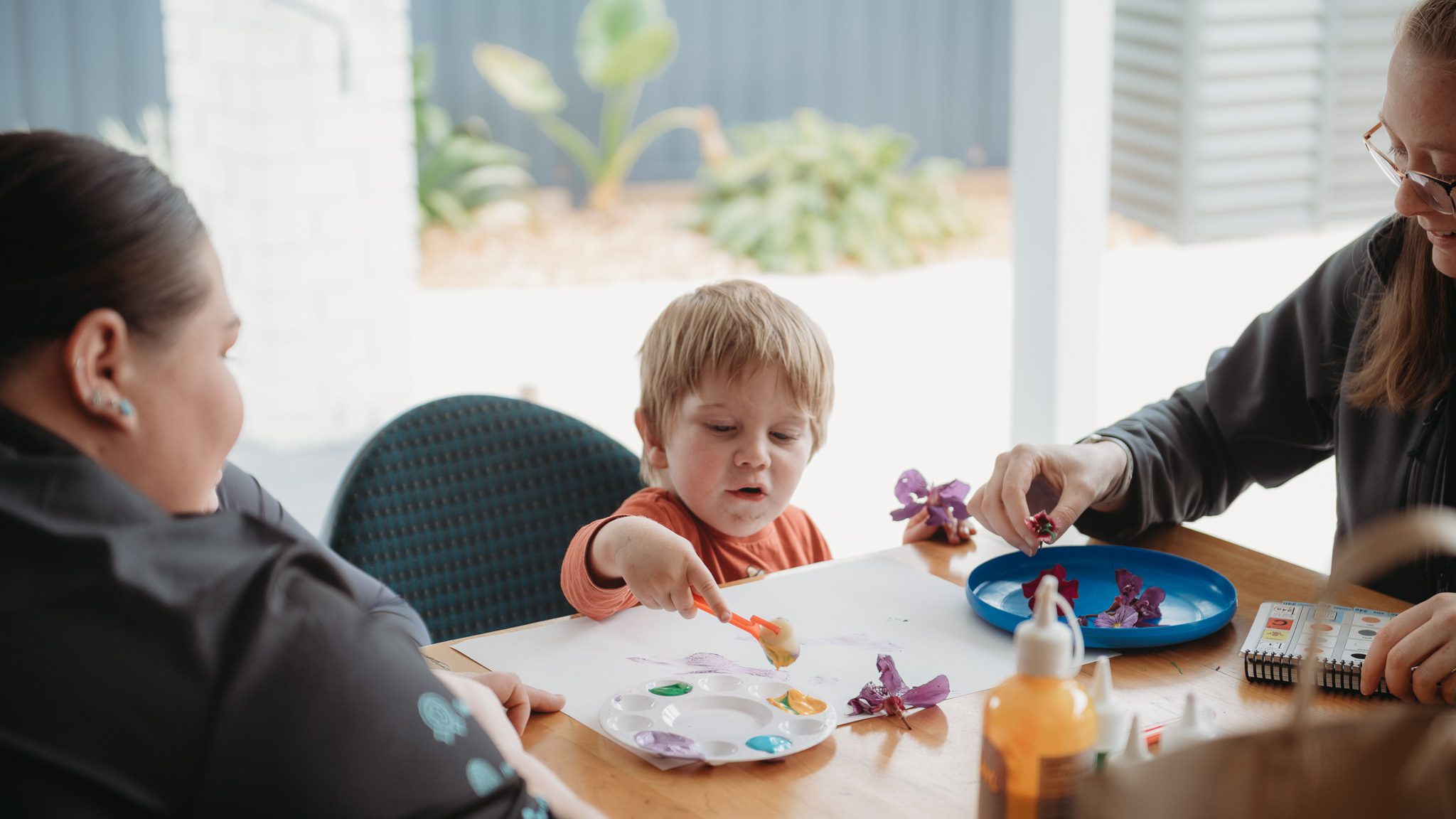Does my Child Need Speech Therapy?
Communication is a fundamental skill that allows children to express their needs, build relationships, and thrive in learning environments. While every child develops speech and language skills at their own pace, delays or difficulties in communication may indicate that your child needs speech therapy.
This guide explores the common signs that your child needs speech therapy (Read our blog post on ‘What is Speech Therapy’ here!) and provides information about children’s speech therapy services., along with trusted Australian resources for professional support.
When Should I Be Concerned About My Child’s Speech?
Speech and language development follows a general timeline, though some variations are normal. However, if your child needs speech therapy, early intervention can significantly improve communication skills. However, if your child exhibits any of the following signs, it may be beneficial to seek advice from a speech pathologist.
Signs Your Child May Need Speech Therapy
1. Limited Vocabulary for Their Age
By the age of 12 months, most children begin using simple words like “mama” or “dada.” By 2 years, they should have a vocabulary of around 50 words and start combining two-word phrases, such as “want toy.” If your child is not meeting these milestones, it could indicate a speech delay.
✅ Learn more about typical speech milestones from Raising Children Network.
2. Difficulty Pronouncing Words Clearly
While mispronouncing words is normal in early childhood, by age 3, most speech should be clear enough for parents to understand. Persistent struggles with pronunciation beyond this age may indicate a speech sound disorder.
✅ Find out about speech sound disorders on Speech Pathology Australia.
3. Struggles with Understanding or Following Instructions
Children should be able to follow simple one-step instructions by 12-18 months (e.g., “Give me the ball”). If your child struggles to understand or respond to instructions appropriate for their age, this could indicate a language comprehension delay and your child needs speech therapy.
✅ Read more about language comprehension delays on Healthdirect Australia.
4. Stuttering or Difficulty with Fluency
If your child frequently repeats words, stretches sounds, or has trouble starting sentences (e.g., “I… I… I want that”), it could be a sign of childhood stuttering. Early intervention with a speech therapist can improve fluency and confidence in speaking.
✅ For more information on stuttering, visit The Australian Stuttering Research Centre.
5. Difficulty with Social Communication
Some children struggle with pragmatic language, meaning they have difficulty using language appropriately in social situations. This can include trouble making eye contact, taking turns in conversation, or understanding jokes and sarcasm.
✅ Learn more about social communication challenges on Autism Spectrum Australia.
What to Do If You Notice Child Speech Delay Signs
If you suspect your child needs speech therapy, it is important to seek professional advice, here are the next steps:
Monitor Their Progress – Keep track of speech milestones and note any ongoing concerns.
Talk to Your Child’s GP – A general practitioner (GP) can assess your child’s development and refer you to a speech pathologist if needed.
Book a Speech Pathology Assessment – Early intervention is key to improving communication skills.
Explore Support Options – Services like NDIS Early Childhood Approach may provide funding for speech therapy if your child qualifies.
How Quad Care Can Help
At Quad Care, our professionals have experience in children’s speech therapy, providing comprehensive speech therapy solutions tailored to each child’s needs. We provide comprehensive speech therapy for children struggling with language development, fluency, and social communication. Our team works closely with families to create personalised therapy plans that support your child’s individual needs.
✅ Learn more about our Speech Therapy Services and how we can help your child thrive.
